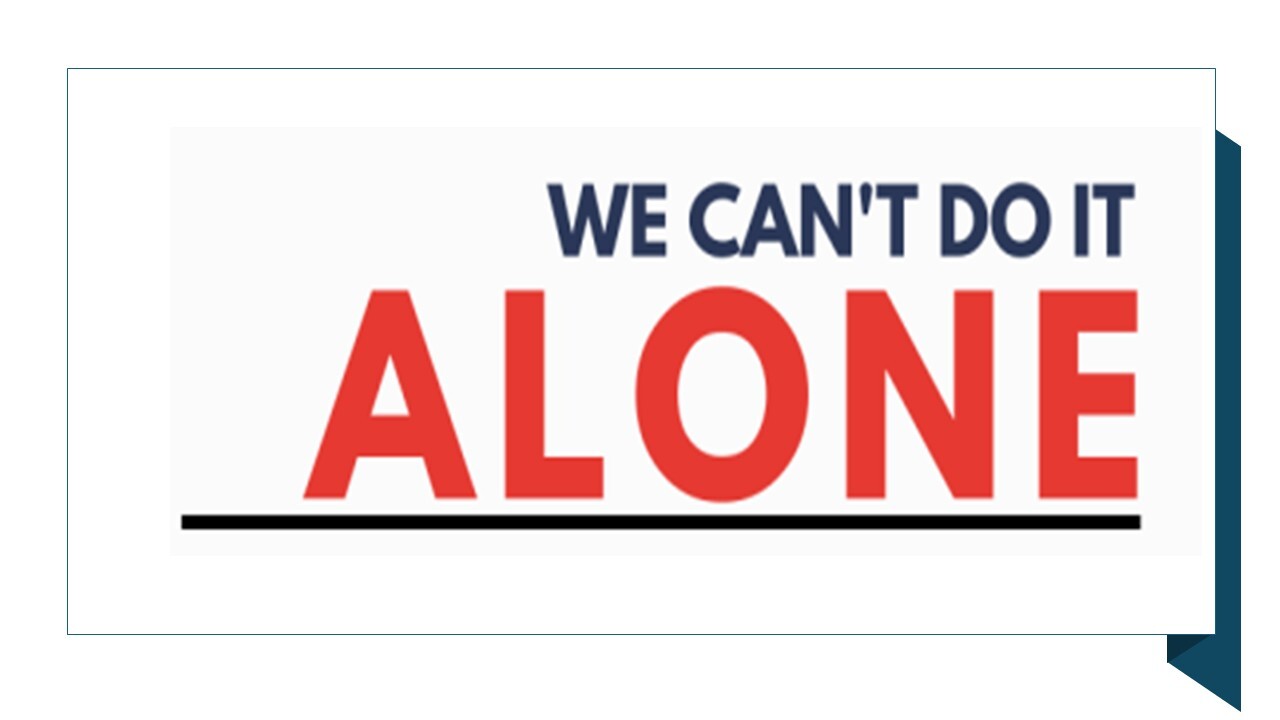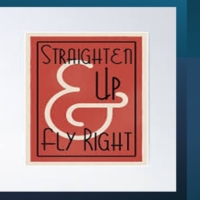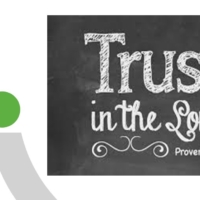STEP ONE – I CAN’T DO IT ALONE

We come into recovery because we recognize we are powerless over addictive substances, people, or things that we have become dependent on to sustain life as we know it. We have acknowledged that where we are at is not life-giving and if we continue on this path, it will have the effect of a further downward spiral. Regardless of what we have gained or lost, what we have achieved, or where we have fallen short, we have reached the point where we no longer can cope with life on our own.
We admit our defeat and turn to God for mercy and grace. God assures us that if we choose to trust Him, He will rescue us and help us do what we cannot do for ourselves. In fact, Jesus said He came to seek and save people exactly like us, in circumstances just like ours.
The Son of Man came to seek and save those who are lost. I have come to call not those who think they are righteous, but those who know they are sinners.” (Luke 19:10; Matthew 9:13 NLT)

We are not suffering solely because we have misused certain substances or developed destructive habits or co-dependent relationships. We are not suffering because we think we were treated as second-class human beings or because we grew up in a less than perfect environment. We are suffering because we believed the lie that we could meet our own needs and solve our own problems in our own way. We are suffering because we thought that masking the unbearable pain inside us with a substance, a habit, or a relationship would give us lasting pleasure and make life worth living. We are suffering because we believed we could live life on our own terms and denied the requirement of having an ongoing relationship with the God who created us.
Now it is God who makes both us and you stand firm in Christ. He anointed us, set his seal of ownership on us, and put his Spirit in our hearts as a deposit, guaranteeing what is to come. (2 Corinthians 1:21-22 NIV)

God offers us a new way of life that begins by admitting, we cannot do life on our own.
Prayer: Heavenly Father, I admit defeat. I am powerless to live life on my own. Without Your guidance, my life is unmanageable. I give up trying to meet my own needs. I give up trying to cover my pain and confusion with substances, destructive habits, and unhealthy relationships. I ask You to show me the way forward so that I may have peace in my heart. Please strengthen me to follow Your principles in all my affairs. Amen
Audio for STEP ONE – I CAN’T DO IT ALONE
Recent Meditations
Giving Hope
Partners in Hope is supported wholly by our friends and community. We are thankful to everyone who partners with us to help bring hope to the discouraged, hurting, and hopeless.




